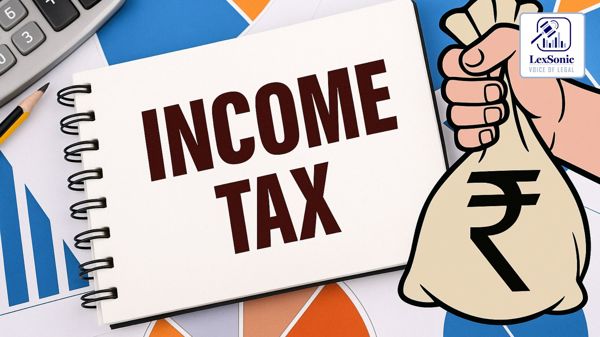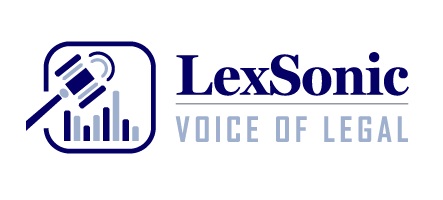A Deep Dive into the High Court of Judicature at Bombay's Judgment on Profits and Tax Deductions.
05-August-2025
Income Tax >> Tax Laws
A recent judgment by the High Court of Judicature at Bombay, in the case of The Ravalgaon Sugar Farm Ltd. v. Commissioner of Income Tax, Mumbai, addressed a crucial issue regarding the calculation of profits for deduction under Section 32AB of the Income Tax Act, 1961. The case, decided on August 5, 2025, involved a manufacturing company, The Ravalgaon Sugar Farm Ltd., which produces toffees, confectionery, and sugar candy.
The Core of the Dispute:
The central question in the appeal was whether a company seeking a 20% deduction under Section 32AB of the Act must compute its profits based on its Profit & Loss Account prepared under the Companies Act, or on its actual profits as determined for Income Tax purposes.

The dispute arose from the company's practice of paying an additional sugarcane price to farmers, which was determined by the Director of Sugar, State of Maharashtra, after the company's annual accounts were finalized. For the assessment year (AY) 1990-91, the company paid an additional sugarcane price of Rs. 78,86,857 after March 31, 1990, when its accounts for the year had already been audited for the Companies Act.
When filing its income tax return for AY 1990-91, the company claimed this additional price as a business expenditure, reducing its total taxable income. However, in calculating its 20% deduction under Section 32AB, it did not reduce the profits by this amount because the expense was not debited to the Profit & Loss Account prepared according to the Companies Act. This approach was consistent with the company’s practice in previous years.
The Assessing Officer rejected this method, deducting the additional sugarcane price from the company's profits before calculating the Section 32AB deduction. This action was upheld by both the Commissioner of Income Tax (Appeals) and the Income Tax Appellate Tribunal (ITAT), leading to the company's appeal to the High Court.
The Assessee's and Revenue's Arguments:
The Assessee's counsel, Mr. S. Sriram, argued that Section 32AB is a self-contained provision, and the deduction is based solely on profits disclosed in audited annual accounts prepared under Parts II and III of the Companies Act's Schedule VI. He cited several judgments, including the Supreme Court’s decision in Apollo Tyres Ltd. v. Commissioner of Income Tax, which interpreted a similar provision (Section 115-J), to assert that the Assessing Officer cannot go beyond the company's audited accounts.
Conversely, the Revenue's counsel, Ms. Samiksha R. Kanani, contended that the company follows a mercantile accounting system and that the additional sugarcane price is a legitimate trading expense that must be considered when calculating real business profits. She argued that excluding this expenditure would artificially inflate the eligible profits, defeating the purpose of Section 32AB.
The High Court's Decision:
The High Court, presided over by The Honourable Chief Justice Mr. Alok Aradhe and The Honourable Mr. Justice Sandeep V. Marne, sided with the Assessee. The court reviewed the provisions of Section 32AB and noted that it is a beneficial provision intended to incentivize businesses. The court highlighted that Section 32AB(3) specifically states that profits for the purpose of the deduction are "an amount arrived at after deducting an amount equal to the depreciation...from the amounts of profits computed in accordance with the requirements of Parts II and III of the Schedule VI to the Companies Act".
The judgment cited multiple precedents from various High Courts, including the Madras and Karnataka High Courts, that consistently hold that the profits for the purpose of Section 32AB must be calculated based on the audited accounts prepared under the Companies Act, not the Income Tax Act. The court emphasized that an Assessing Officer's role is to verify if the accounts are properly maintained as per the Companies Act and that there cannot be "two incomes" for a single company—one for the Companies Act and another for the Income Tax Act.
The court also noted that the company had consistently followed this practice and that the additional sugarcane price, while not deducted in the year of its determination, was later accounted for in the subsequent year's profits. It concluded that this practice resulted in "no revenue loss for the department".
Consequently, the High Court set aside the orders of the Assessing Officer, CIT(A), and ITAT. The court allowed the appeal, holding that the additional sugarcane price could not be deducted while computing the profits for the purpose of the Section 32AB deduction.
Section 32AB, Income Tax Act - 1961
